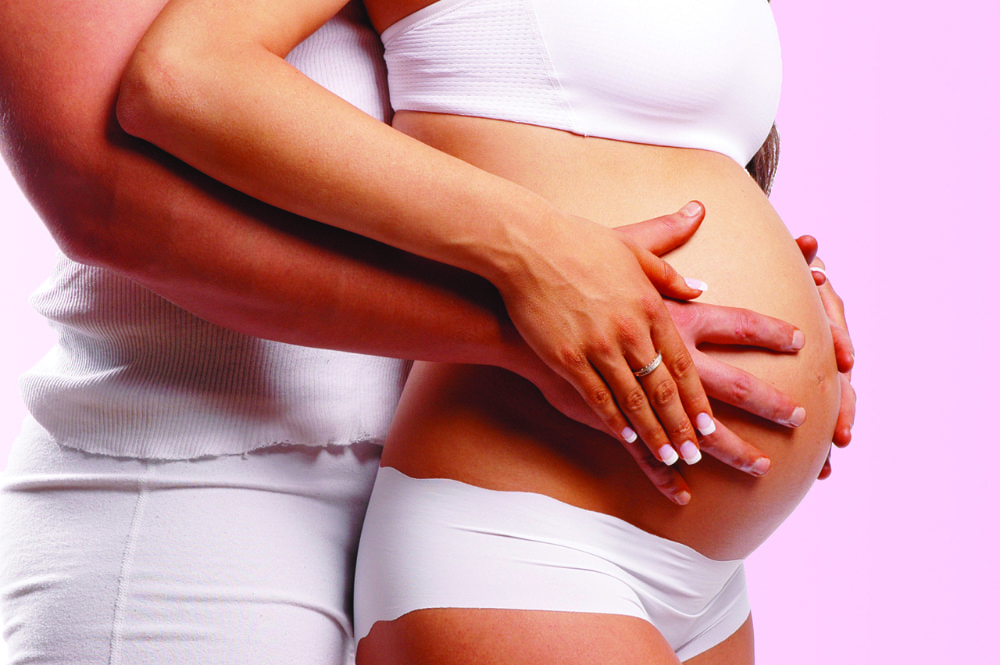
This article has been kindly written by Dr. Rebecca Moore from the United Kingdom. Dr. Moore is a renowned Perinatal Psychiatrist working in London, with experience spanning over twenty years. Her role incorporates working with and supporting women who have new onset or pre-existing emotional issues through pregnancy and up to a year after birth.
Dr. Moore worked with one of the pioneers of Perinatal Psychiatry, Dr. Liz MacDonald as a trainee in London (UK), and she was inspired to pursue work in the field.
Dr. Moore is passionate about her job and has developed a particular interest in birth trauma.
Dr. Moore is also training to be an integrative practitioner and uses exercise, diet, movement and meditation and stress management as key parts of her treatment approach.
To find out more about Dr. Moore’s work, please visit www.doctorrebeccamoore.com or connect with her on Instagram or Twitter.
Birth Trauma
What is birth trauma?
Birth trauma occurs when women find some aspect of their birth traumatic, distressing, and/or fearful.
It doesn’t matter what the woman finds difficult, it’s your birth experience and if something felt hard, frightening, scary or out of control that’s your story.
Statistics to remember
Currently, around 30% of women find some aspect of their birth traumatic, which equates to over 150,000 women per year, that a lot of women starting the journey to motherhood feeling really difficult emotions.
Yet, birth trauma is not well recognised or identified.
Additionally, leaving birth trauma untreated in the long term can lead to enduring health repercussions both for mum and her family.
Not all women who have a difficult birth go on to develop Depression, Anxiety or Post Traumatic Stress Disorder/PTSD, However, some will.
Where women have a history of prior anxiety, depression or sexual abuse, 1 in 5 of this group of women will develop Post Traumatic Stress Disorder after birth.
